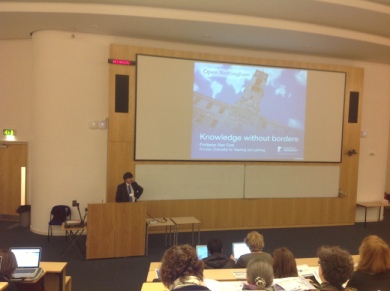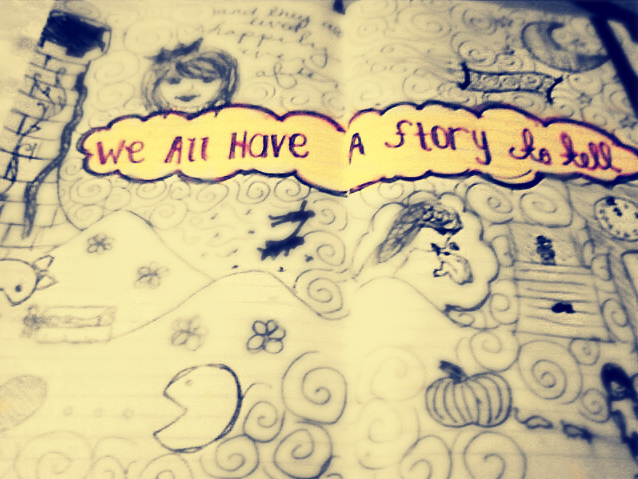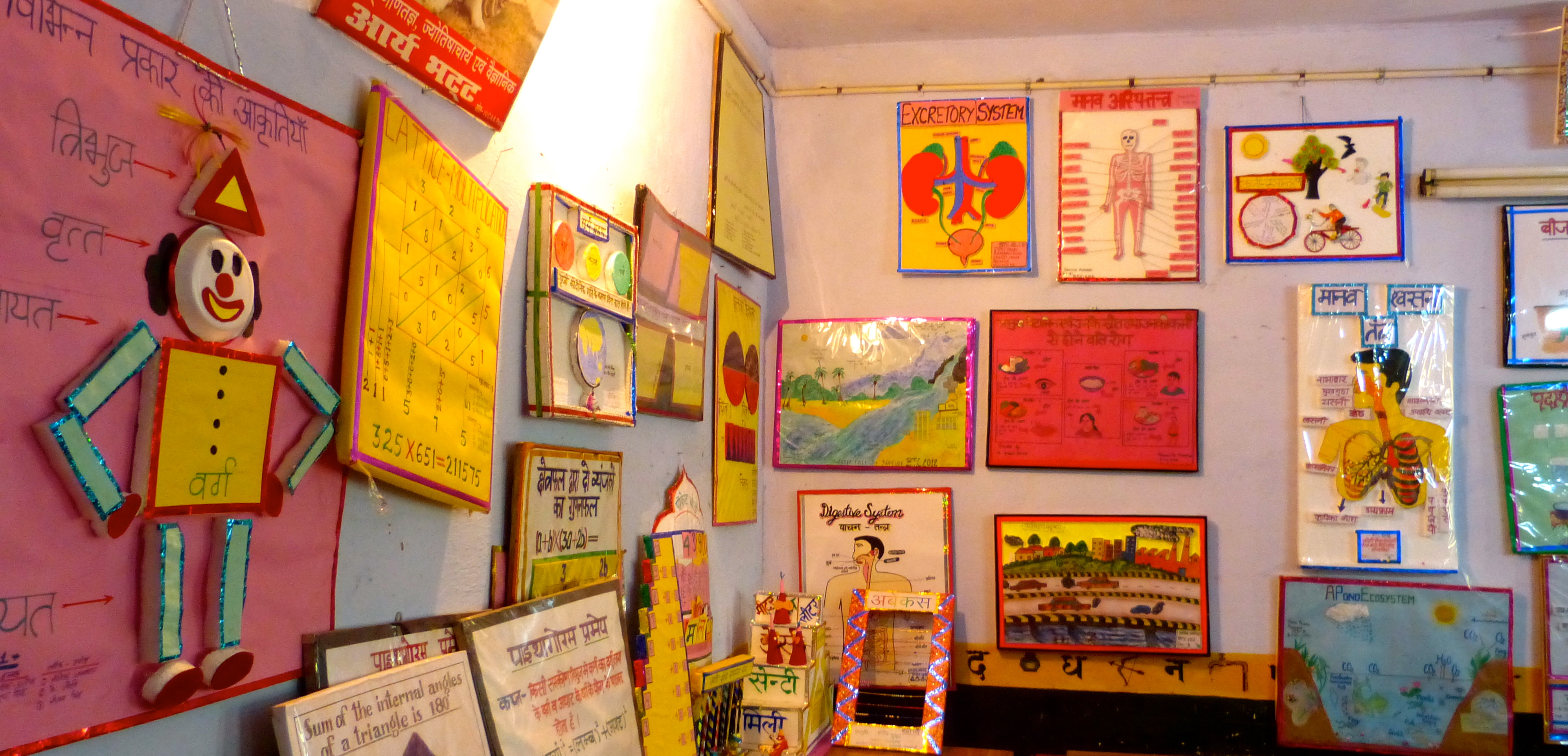Alan is the PVC for teaching and learning at The University of Nottingham, which is the venue for this years conference. Their interest in OER began in 2006: the U-Now website was launched in 2007 and became part of the OCWC consortium in 2008. In 2010 the university continues to support open learning and open publication. XERTE is being used both inside and outside the university to create and share learning resources. Nottingham was one of the first UK universities to create channels on YouTube (featuring Martin Poliakoff’s lectures on the periodic table) and iTunesU.
Nottingham is interested in openness for reasons of:
- Social responsibility
- Excellence in education
- Promotional opportunities
- Internationalisation
- Cost efficiencies
OER is embedded in the learning experience of students, with 70% of schools already engaged. Embedding promotes re-use of OER and encourages re-publication. Awareness of OER among students is encouraged through the student union and through essential study materials online. Prospective students are also informed about use of OER in Nottingham. On international campuses (China, particularly) there is an appetite for engagement with OER. Moodle has become popular among students at Nottingham, and is being used to run intranet based ‘MOOCs’.
(One use being found for OER is to encourage interdisciplinary study which does not impinge on core course delivery.)
Nottingham is involved with the FutureLearn consortium which is being led by The Open University. Ford expressed a personal preference for cMOOCs over xMOOCs, but noted that there are of course considerable pedagogical challenges surrounding the delivery of content in this way. Teaching skills and creativity are needed, but need to be supported by enthusiasm and commitment.







Leave A Comment